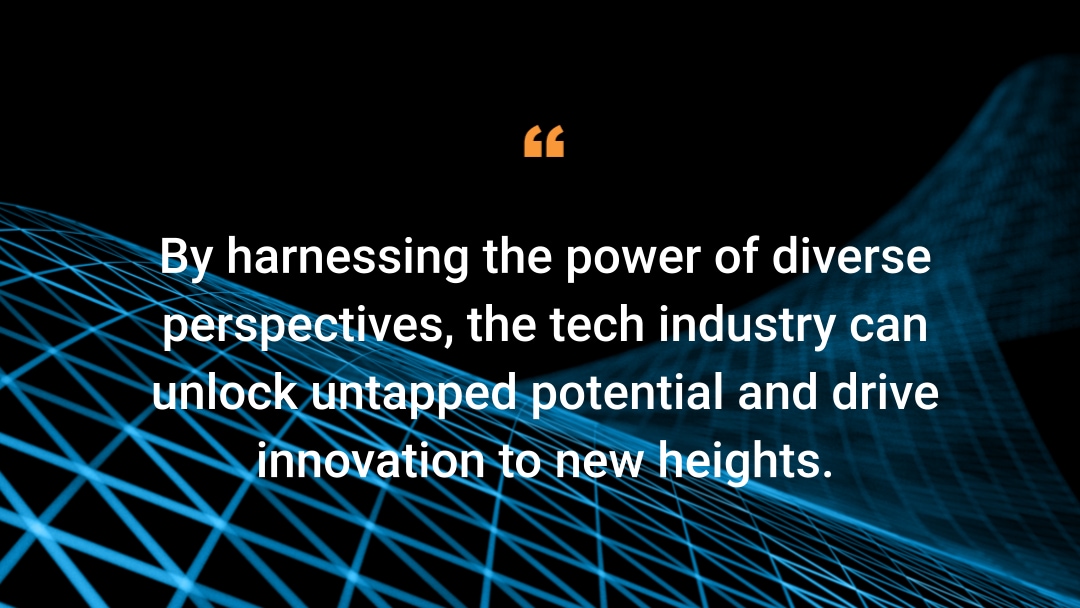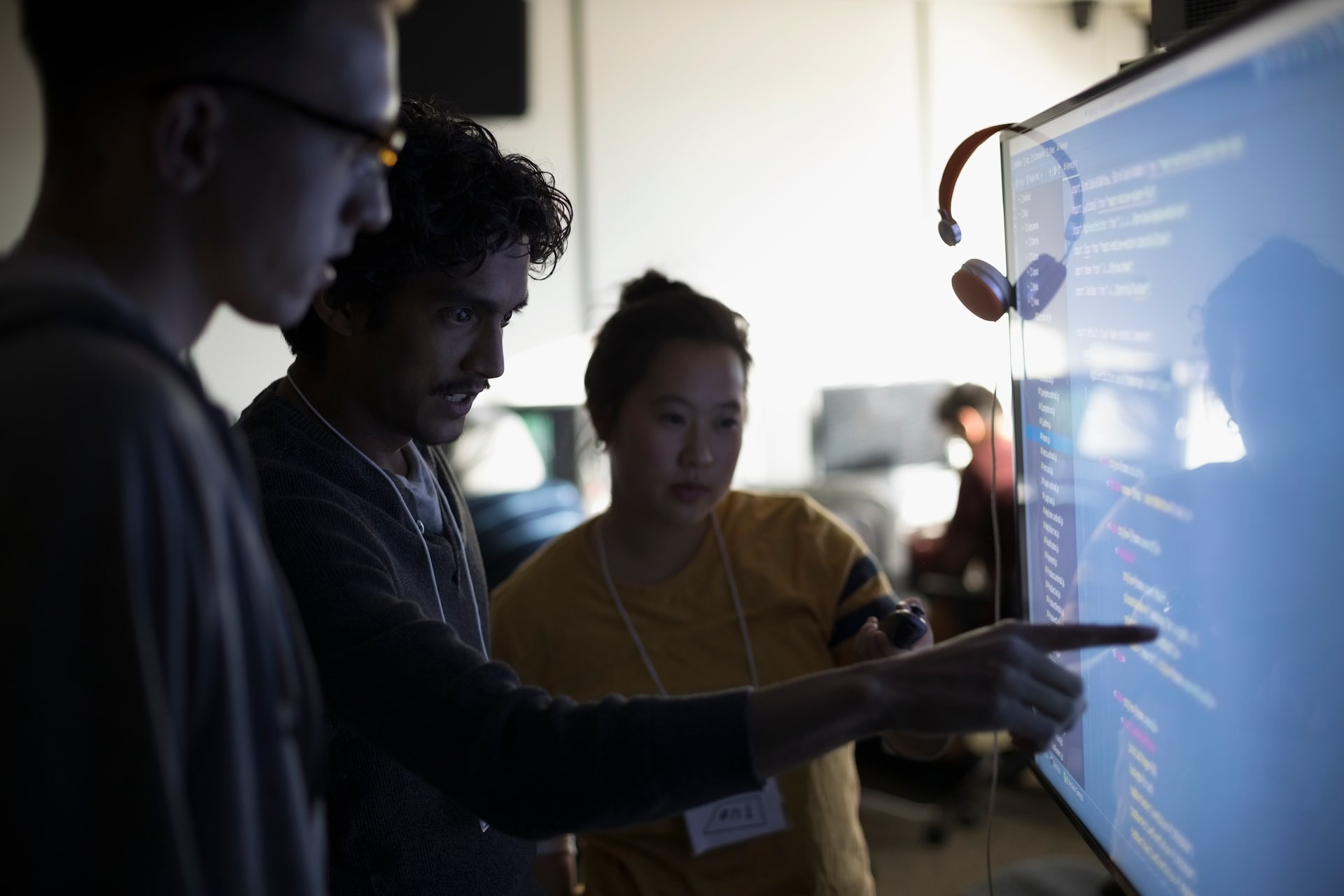Women Can Make a Difference in the Field of Data Science

In the newest “Women in Tech” blog post, Senior Director of Data Science and Threat Research Xiaojing Li shares her unique perspective about how simply existing as a woman in tech can empower other women to pursue careers in tech, and discusses how women’s diverse perspectives enhance collaborative efforts toward a shared goal.

In today’s technology-driven world, diversity and collaboration have never been more crucial. By harnessing the power of diverse perspectives, the tech industry can unlock untapped potential and drive innovation to new heights. Xiaojing Li, Senior Director of Data Science and Threat Research at Akamai discusses the importance of diversity in fields such as data science.
The power of protecting people online
Ten years ago, while working in advertising, Xiaojing Li learned what a content delivery network company (CDN) was, and it piqued her interest because CDNs are “the center of all the data.” Xiaojing recalls that her mathematical background made her journey into data science a natural progression.
After learning about a job opportunity at Akamai, where data scientists “were using cross-domain for cybersecurity to protect people on the internet,” Xiaojing was excited to join the team. “Nobody can do cross-domain behavior modeling as well as Akamai,” says Xiaojing.

On a mission to thwart cyberattacks
In her current role, Xiaojing leads a team of 65 data scientists and researchers that safeguards Akamai customers against cyberattacks and account takeover. They work to address emerging threats and devise solutions to protect against novel challenges in online security. Xiaojing believes that using data science is an effective way to quickly identify bots and distinguish humans in one request, whether making a purchase on a website or logging into an account.
“We actually have more malicious traffic than real human traffic,” says Xiaojing. “Most of the traffic is generated by all kinds of businesses behind it to steal your information, your credentials, your identity — everything.”
Collaborative effort is crucial to ensure digital security
To understand and identify signals, Xiaojing and her team use machine learning techniques, advanced statistical analysis, and other data sources similar to fingerprinting to pinpoint the most recent cyberattack traffic patterns. Due to the nature of this work, data scientists invest a significant amount of time in exploratory conversations and brainstorming sessions that lead to unraveling curious cases and extracting valuable insights from intricate datasets.
“Making sure we have time to work toward a joint goal isn’t always easy,” says Xiaojing. “How we align different teams into our joint goal is the heart of teamwork.”
Team members often approach challenges with distinctly different objectives, methodologies, and strategies. Xiaojing believes that this type of diversity enriches their collective approach to thwarting cyberattacks.
“The moment we start to find highly sophisticated bots, trace them, and find a way to stop them, it’s very rewarding,” Xiaojing says.
Harnessing the power of machine learning
Integrating expertise, innovation, and machine learning holds significant value to cybersecurity customers. Xiaojing and her team guide customers to the right Akamai products, such as automation, cloud computing, or cutting-edge machine learning, that will enhance their safety online.
Xiaojing says she finds it gratifying when “we explain to customers how our products help them, in a scalable fashion, and they [understand] that we have the right knowledge to help them in a safe way.”

Finding harmony in work-life balance
Being a woman in tech has a varied set of challenges — from being seen as an equal in a predominantly male industry and cultivating confidence to owning your voice and presenting ideas. The consensus among women in our “Women in Tech” series has been that being a woman in tech is a unique experience. In her leadership role, Xiaojing believes that juggling responsibilities is more demanding, especially in terms of flexibility and availability, for women who have family obligations.
“Being a woman in tech, especially when you have to lead a team and have a family, means less flexibility,” explains Xiaojing. "Society expects a woman to clean up the house and support the kids. At times, it can feel like I'm giving up [expected roles] to attend a meeting and come home late. That's tough."
Balancing multiple responsibilities can be difficult, particularly for working women who strive to see harmony in their work-life balance. This can lead to overwhelming expectations to manage time, nurture children, and prioritize work commitments.
Having children shouldn’t mean sacrificing your career
Xiaojing has observed how the workforce often loses talented women when they start a family, particularly in the data science domain. “More women seem to get punished for having a child. That’s hard to see,” says Xiaojing.
Xiaojing notes that some women with families work reduced hours, become part-time employees, or take extended time off, but addressing the issue may require a more comprehensive approach; one that can not be resolved overnight.
Xiaojing suggests that enhanced company benefits, such as childcare, and a more accommodating community, can help women return to the workforce with ease and confidence. "At least [women would] know that they haven't sacrificed [their] whole career," she says.

Mitigating the confidence gap
Another challenging facet of the complex landscape that women encounter in the tech industry is combating their level of confidence. In her role, Xiaojing frequently collaborates with men, and notices distinct differences between the communication approaches of men and women.
Confidence plays a significant role in those different approaches. “A woman tends to be more soft and [less] assertive. Women don't naturally present their ideas as confidently as men,” says Xiaojing. This discrepancy may stem from a confidence gap that affects women's ability to communicate effectively and have their voices heard. Xiaojing has noticed junior data scientists and female colleagues tend to grapple with confidence issues, but believes those issues can be mitigated through positive reinforcement.
“In data science, there's a lot [of modeling]. There’s often a perceived need to prove one’s capabilities. It's a lot of discussion and [seeking validation],” she says.
The importance of positive energy and reinforcement
While many women who work in tech may lack confidence, that has not been Xiaojing’s personal experience: “I'm a little bit more direct and share my thoughts with people,” explains Xiaojing, who attributes her professional confidence to a leader who emphasized the importance of positive energy.
“As a leader in tech, if you are not shy about giving positive reinforcement to young women, that would really [help] build their confidence, because we don't know we are better. We look around and only see the part we're not good at. If you don't shy away from giving positive feedback, you actually would help people out,” notes Xiaojing.

The benefit of representation and the power of yet
Once a woman realizes that an executive role is attainable, it encourages her to seek more information or possibly to reach out for a mentorship. But, more importantly, it allows her to believe, as Xiaojing puts it: “If she can get that position, that means I can; I just have not reached it yet.
Empowering other women
Xiaojing found motivation in seeing other women in leadership roles, which gave her a push to keep striving for advancement in her own career. ”Seeing someone in a higher [position], you see the possibility, knowing one day I can get to that executive position.”
Today, Xiaojing is proud that other people, especially young women, look up to her. “A person may stick to their job rather than just giving up [because] they see me in my role. It feels like I’m helping them,” says Xiaojing.

Planting seeds for future generations to grow
According to Xiaojing, it is common for men to see a lineage of success. From casual conversations with fathers and grandfathers to getting career advice from friends, a man’s idea of success tends to revolve around the pursuit of securing a high-paying profession.
For women, the narrative can be much different. Success can be maintaining a full-time corporate job, volunteering for a worthwhile cause, staying home and raising children, or a mixture of all three (and more). For both men and women, success comes from deciding which goals to pursue, and then achieving those goals. “That [decision] sets a seed in your mind,” says Xiaojing.
Since Xiaojing believes that “the talent pool opens up when you have more women in tech,” she encourages all tech companies to extend a job offer to a female candidate: “She can make a difference.”




